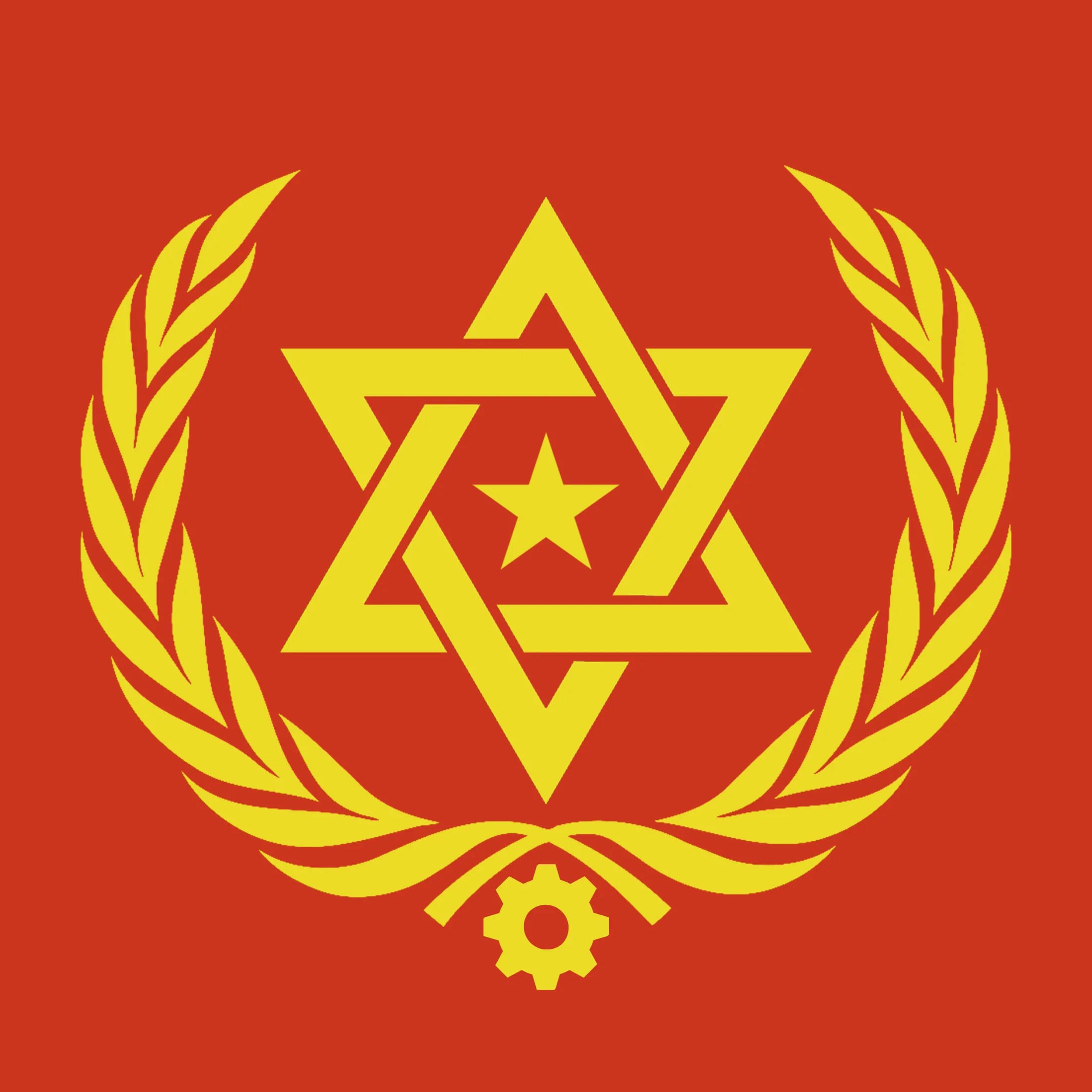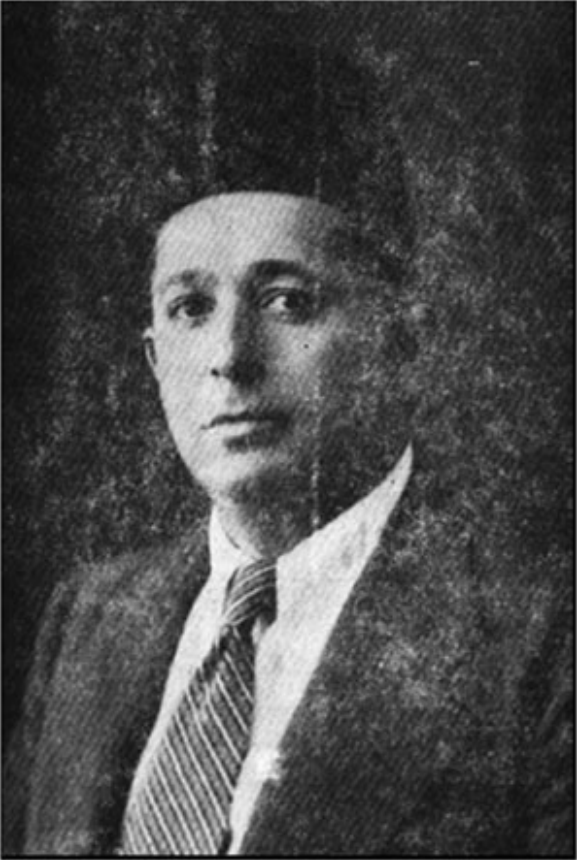cross‐posted from: https://lemmygrad.ml/post/4654542
In July 1939, a group of Palestine‐born Jews, including key public figures and communal leaders, gathered in Jerusalem for the first meeting of the Natives of the Yishuv Federation (NYF; in Hebrew, Hitahadut Bney ha‐Yishuv). NYF was a political movement that sought to represent Jews of the “Old Yishuv” as an increasingly marginalized population in Palestine.1
In contrast to other movements and civil associations with similar aims, the NYF was not ethnically defined (e.g., Sephardi or Yemenite). Rather, it brought together a number of Palestine’s established Jewish communities under the category of “natives” (bney ha‐arets or ha‐Yishuv), clearly positioning themselves against European Zionist élites while relying on Ottoman practices of communal political organization that were viewed by the Zionist leadership as a direct threat to its authority.2
The NYF’s core members belonged to the pre‐Zionist Ashkenazi communities of Jerusalem. Joined by leading Sephardi figures, they also sought to draw closer the Yemenite, Georgian, and other communities. The federation claimed the independent status of a recognized political actor with its own social, economic, and cultural institutions, tied to a specific constituency.
This rather radical position combined the struggle for native Jews’ political power with views of a shared Arab Jewish existence in Palestine, which were often expressed by the NYF founder and leader, Dr. Israel Ben‐Zeʾev, in meetings and in correspondence with high Zionist officials.
[…]
In addition to this large variety of private papers, I follow the official paper trail documenting the looting of Palestinian books during the 1948 war, focusing on Ben‐Zeʾev’s struggle against the Hebrew University and the Ministry of Education over the fate of these books that he had partly collected and assembled in Jaffa.
This conflict formed part of an older, fierce debate concerning the politics of (specifically Orientalist) knowledge, that is, who gets to hold, manage, produce, and disseminate knowledge, and which types of Orientalist knowledge should be promoted.
Ben‐Zeʾev opposed the treatment of the looted Palestinian books as dead cultural artifacts in the published work of a closed professional milieu at the university, struggling to keep them for use in his public educational projects and as part of a local, living Arab culture—albeit that by this point the books’ original owners were being displaced from their land and homes and this very culture was undergoing massive destruction.
[…]
Ben‐Zeʾev had a special relationship with A. S. Yahuda, an Orientalist trained in Germany (under the famous philologist Theodor Noeldeke) who spent most of his life as an academic in Europe and the U.S. and yet maintained a deep and ongoing interest in political and academic matters in Palestine.
A lengthy correspondence between them from the 1940s (when Yahuda lived in New York and Ben‐Zeʾev in Jerusalem) reveals the fierce criticism they shared of the Zionist leadership and the Hebrew University’s Institute of Oriental Studies (IOS) for marginalizing native Jews, and particularly the milieu of native scholars and their political and cultural views that stood in opposition to the Zionist colonial‐separatist agenda.29
Ben‐Zeʾev admired Yahuda and hoped to gain his support in his political and cultural projects, including the opening of a New York branch of his political movement of native Jews as well as a research institute on Arabic Jewish literature in pre‐Islamic times and in Muslim Spain, on which I elaborate in the next sections.
[…]
The collection of books in Jaffa by Ben‐Zeʾev was met with growing resentment by the university’s Orientalists and librarians, who were determined to bring the Palestinian books to the only place they deemed proper for them, the university library. Within a few years they managed to bring about the demise of Ben‐Zeʾev’s library, obtaining some seven thousand books from its collections.
They were assisted in this process by several government ministries and officials (in addition to Palmon), especially Ben‐Zion Dinur (Dinaburg) and Eliezer Rieger, who had served as senior professors at the university until their appointments as heads of the education ministry in 1951.80 With the latter’s authorization, university professors and librarians made frequent visits to Ben‐Zeʾev’s library, screening it for “important” books they wished to have at their disposal.
One year later, in late 1952, the Arab Library in Jaffa was finally closed down, despite Ben‐Zeʾev’s protests, without ever being opened to the public.
I am practically in shock right now. I know that there isn’t anything especially disturbing about this report, but the fact that Zionists can successfully hide Jewish history like this from the general public almost enrages me.
Alav hashalom.


